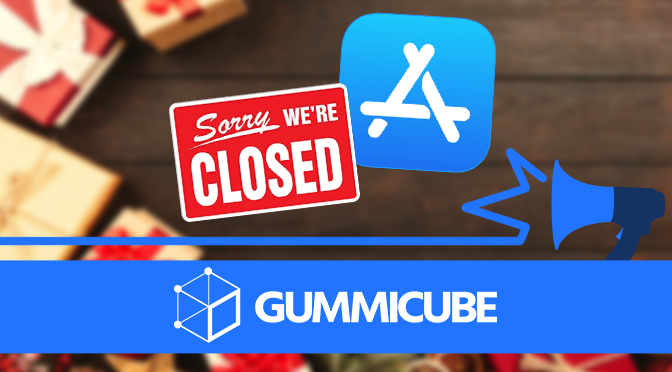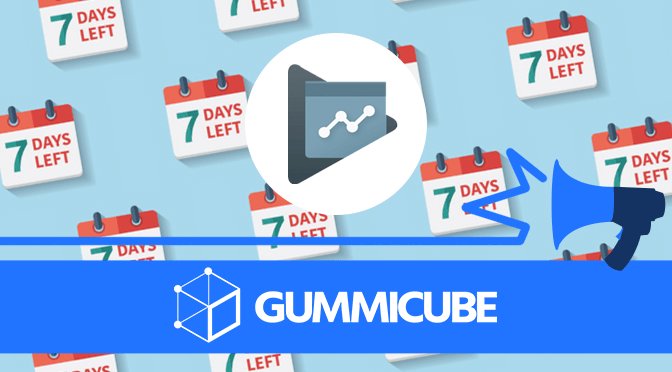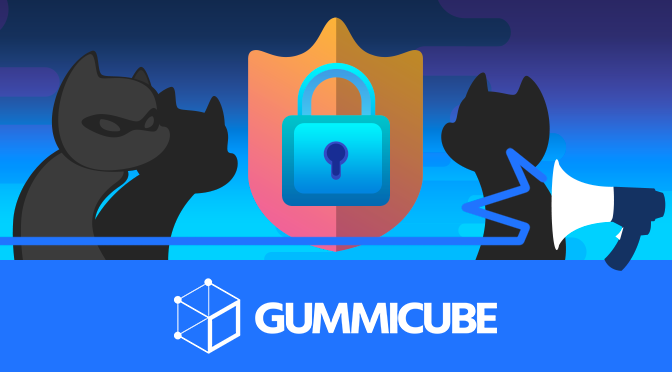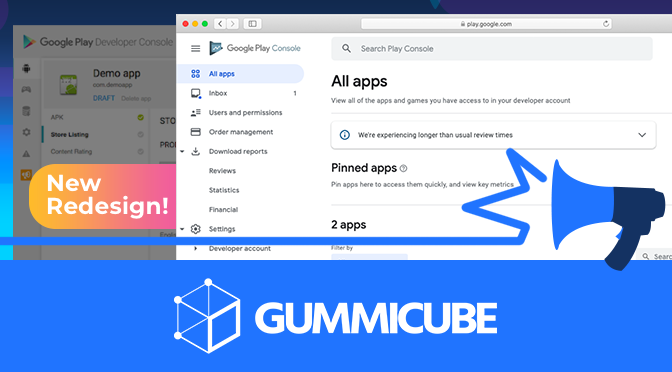
App Store Holiday Schedule 2020
Posted on November 23rd, 2020
When is the App Store Holiday Schedule 2020? Learn about the dates of this year's shutdown and how to prepare.

Google Play has been adjusting its app review process, requiring some apps to take more time for a thorough review before approval. This can impact the timing of an app or update going live, so developers should keep it in mind when pushing out updates for functionality or App Store Optimization.
In August, app developers began reporting an unexpected three-day wait time for their apps to be approved. Google’s notification stated that “for certain developer accounts, we’ll take more time to thoroughly review your app(s) to better protect users… we recommend that you adjust your planning to include a buffer period of at least three days between submitting your app and going live.”
Developers can still schedule launches and updates through Timed Publishing. Initially, websites were reporting that doing so is not an option, but Google clarified that it was a miscommunication from a new employee.
However, Google recently revealed that “three days” is an estimate. According to the Play Console Help page:
“Certain apps may be subject to expanded reviews, which may result in review times of up to 7 days or longer in exceptional cases.”
This applies to Standard Publishing, which will launch the update or app as soon as it’s approved. For Timed Publishing, developers can control the specific moment the update goes live. They should still provide a lengthy buffer time to ensure the app is approved in advance of the scheduled release to ensure it launches on time.
The seven-day wait is intended to be for “certain apps” and “exceptional cases,” but exactly what those cases are has not been specified. A post on the Android Developers Blog stated it may primarily impact “apps that include children in their target audience” and “apps who submit inaccurate responses in the target audience and content section.” Developers of apps not directed at young audiences have also been reporting longer waits, so the exact details have yet to be seen.
The important thing for developers to do is plan their releases accordingly. Since it is possible that apps can take up to a week to be approved, they should plan for an appropriate time frame for the approval process.
If a developer is aiming for a specific release date, they should publish to a closed testing track, then use Timed Publishing to go live at the specified time. They should still submit it at least a week or more in advance, in order to provide enough time for the Google Play review process or in case the app gets rejected and requires fixing.
This is especially important for developers trying to launch updates for seasonal events or special occasions. For instance, if an app’s Halloween update gets delayed for over a week, it may not go live until after the holiday has already passed.
The app’s updated description and creatives should also be submitted well in advance, in order to provide enough time to index for the seasonal keywords and build its rankings. Developers planning such events will want to adjust their timelines in order to provide enough time for review.
This may be a jarring change at first, especially since Google Play used to have a turnaround time that took less than a day. However, Google has stated that this change is to ensure the safety of its users and has already managed to catch several malware and adware apps.
As with any change to the Play Store, the best thing to do is to adapt and plan accordingly.
Want more information regarding App Store Optimization? Contact Gummicube and we’ll help get your strategy started.

When is the App Store Holiday Schedule 2020? Learn about the dates of this year's shutdown and how to prepare.

Apple's App Store Guidelines have strict privacy requirements. Developers now must provide information to users on the App Store listing regarding the data they access.

The Google Play Developer Console has been updated with a new design and adjusted tools. What's different, and how will it impact App Store Optimization?